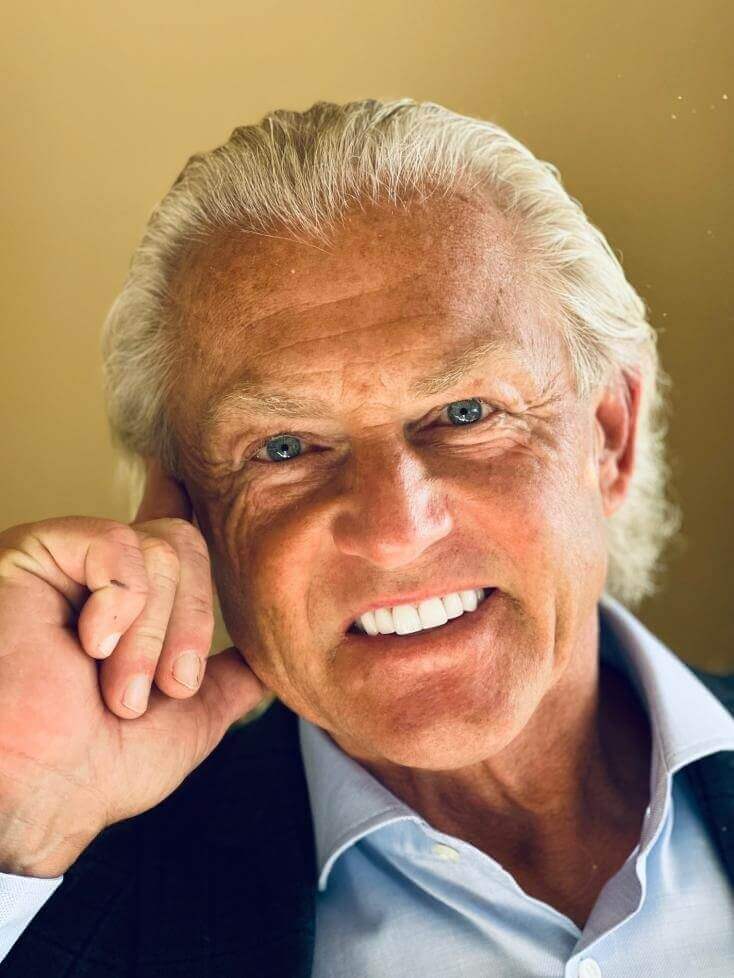Introduction
Seafood sustainability is a critical concern in today’s world, with increasing awareness about the need to protect our oceans and ensure the long-term viability of seafood resources. Chris Lischewski, a prominent leader in the seafood industry, has been at the forefront of promoting seafood sustainability standards. In this article, we will explore Chris Lischewski’s notable efforts in advancing sustainable practices within the seafood sector.
The Importance of Seafood Sustainability
Before delving into Chris Lischewski’s contributions, it is crucial to understand the importance of seafood sustainability. Sustainable seafood practices focus on preserving fish populations, minimizing environmental impact, and supporting the well-being of coastal communities. By adhering to sustainability standards, the seafood industry can ensure the availability of seafood for future generations while protecting delicate marine ecosystems.
Collaborations with Conservation Organizations
Chris Lischewski has actively collaborated with conservation organizations to promote seafood sustainability. By partnering with respected organizations such as the Marine Stewardship Council (MSC) and the Monterey Bay Aquarium’s Seafood Watch, Lischewski has worked towards raising awareness and implementing sustainable practices within the industry.
Through these collaborations, Lischewski has supported initiatives such as fishery improvement projects, scientific research, and the development of sustainable seafood certification programs. These efforts have not only enhanced the sustainability of seafood sourcing but have also helped educate consumers about making informed choices when purchasing seafood products.
Advancing Responsible Fishing Practices
Responsible fishing practices are a cornerstone of seafood sustainability. Chris Lischewski has played an instrumental role in advancing responsible fishing practices within the seafood industry. By working closely with fishermen, industry stakeholders, and regulatory bodies, Lischewski has championed practices that prioritize the long-term health of fish populations and minimize bycatch and habitat damage.
Under Lischewski’s leadership, initiatives such as the adoption of selective fishing gear, implementation of area closures to protect vulnerable species and habitats, and the promotion of catch documentation schemes have been introduced. These efforts have contributed to the preservation of marine biodiversity and the reduction of negative environmental impacts associated with fishing activities.
Supporting Sustainable Aquaculture
Aquaculture, or fish farming, is an increasingly important component of the seafood industry. Chris Lischewski recognizes the potential of sustainable aquaculture in meeting the growing demand for seafood while minimizing pressure on wild fish stocks. He has been actively involved in supporting and promoting responsible and sustainable aquaculture practices.
Through partnerships with aquaculture producers, research institutions, and industry associations, Lischewski has facilitated the development and adoption of best practices in aquaculture operations. These practices include sustainable feed formulations, efficient waste management systems, and monitoring of water quality. By promoting sustainable aquaculture, Lischewski has encouraged the production of seafood in a manner that is environmentally sound and socially responsible.
Educating Stakeholders and Consumers
Effective promotion of seafood sustainability requires education and awareness among all stakeholders, from industry participants to consumers. Chris Lischewski has recognized this and has made significant efforts to educate and engage both industry stakeholders and consumers in sustainable seafood practices.
Through workshops, seminars, and industry events, Lischewski has facilitated knowledge-sharing and discussions on sustainable fishing and aquaculture techniques. He has also collaborated with retailers, chefs, and foodservice providers to raise awareness about the importance of sourcing sustainable seafood and to promote the availability of certified sustainable options.
Additionally, Lischewski has worked with marketing and communication teams to develop educational campaigns targeting consumers. These campaigns emphasize the importance of sustainable seafood choices, highlight the benefits of certification programs, and provide information on responsible seafood sourcing.
Conclusion
Chris Lischewski’s efforts in promoting seafood sustainability standards have made a significant impact on the industry. Through collaborations with conservation organizations, advancements in responsible fishing practices, support for sustainable aquaculture, and educational initiatives, Lischewski has been a catalyst for positive change.
His commitment to sustainability not only ensures the long-term viability of seafood resources but also helps protect the marine environment and supports the livelihoods of fishing communities. By promoting sustainable practices and raising awareness among stakeholders and consumers, Lischewski has contributed to building a more sustainable and responsible seafood industry.

